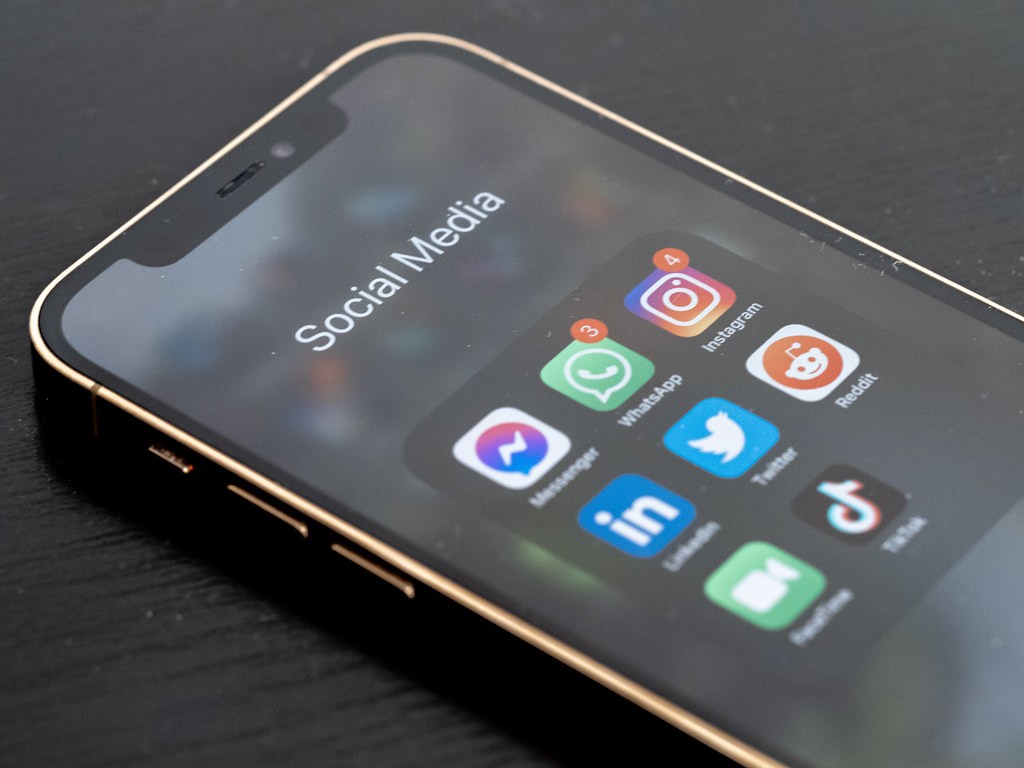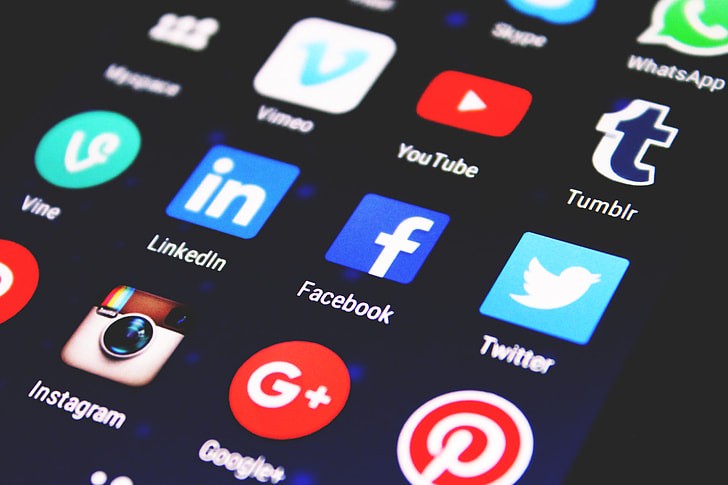Social Media Apps: Tips for Maintaining Digital Wellbeing
- Nov 12, 2023
- 646

In our hyper-connected world, social media apps have become an integral part of daily life. They allow us to stay in touch with friends, share moments, and access news and entertainment. However, the constant stream of notifications, likes, and messages can lead to digital overload, affecting our mental health and well-being. It's crucial to establish a balance and maintain a healthy relationship with these platforms. This article explores practical tips for achieving digital well-being in the age of social media apps.
Understanding Your Digital Footprint
To start improving your digital well-being, it's essential to understand your digital footprint. This means being aware of the amount and nature of the personal information you share online and the time you spend on different platforms. Social media algorithms are designed to keep you engaged for as long as possible, often at the expense of your time and privacy.
Start by conducting a personal audit of your social media use. Look at the platforms you're active on and assess how much time you spend on each. There are tools built into many social media apps that can help you track your usage. Alternatively, you can use third-party apps or simply take notes throughout the day.
Consider your motivations for using each platform. Are you there to stay in touch with friends, for entertainment, or to follow news and trends? Recognizing why you use social media can help you determine if your time spent aligns with your intentions or if it's merely habitual scrolling.
Reflect on the type of content you share and who can see it. Adjust your privacy settings to control your online visibility and consider the long-term implications of your posts. A good rule of thumb is not to share anything you wouldn't be comfortable with everyone seeing, even if your accounts are private.
Finally, clean up your digital footprint regularly. Unfollow or mute accounts that don't add value to your life, delete old posts that no longer represent who you are, and unfriend or block contacts that contribute to a negative online experience.
Setting Boundaries and Limits

One of the most effective strategies for maintaining digital well-being is setting clear boundaries and limits for your social media use. Decide on specific times of day when you'll check your social media accounts and stick to them. For example, you might choose to avoid social media for the first hour after waking up and the last hour before bed to improve your sleep quality and start your day more mindfully.
Use the built-in features of social media apps to set usage limits. Many platforms now offer tools that allow you to receive notifications when you've reached a predetermined amount of time on the app each day. Be disciplined and log off once you reach your limit, even if it's tempting to keep scrolling.
It's also helpful to create physical boundaries. Designate tech-free zones in your home, such as the bedroom or dining table, where you won't use your phone or other devices. This can help you cultivate better habits and foster more meaningful interactions with family and friends.
Another boundary to consider is your emotional engagement with social media. Decide in advance how you'll handle negative content or interactions. This might mean not engaging with inflammatory posts, blocking trolls, or using features that allow you to hide content that can affect your mood.
Curating Your Feed for Positivity

The content you encounter on social media can significantly impact your mood and outlook. Curating your feed to promote positivity is a proactive step towards a healthier digital life. Follow accounts that inspire and uplift you, whether it's motivational speakers, accounts dedicated to your hobbies, or friends who post positive messages.
Be mindful of the news and information you consume. While staying informed is important, constant exposure to negative news can be distressing. Consider limiting your news intake or following accounts that offer solutions and positive angles on current events.
Engage actively with content that makes you feel good. Leave comments, share posts, and connect with others over shared interests. Positive engagement can create a supportive community and make your social media experience more rewarding.
If you find yourself affected by the "comparison trap," where you compare your life to the seemingly perfect lives displayed on social media, remind yourself that most people only share their highlights online. Take a break from accounts that make you feel inadequate, and remember that everyone has struggles they don't post about.
Incorporating Mindful Practices

Mindfulness can transform the way you interact with social media. Before you open an app, take a moment to ask yourself why you're doing so. Are you looking for a specific piece of information, or are you just bored? Being mindful of your intentions can help you avoid mindless scrolling.
While using social media, practice being present. Pay attention to how you feel as you browse. If you notice that certain content consistently makes you anxious or unhappy, take action by unfollowing or muting those accounts.
Take regular breaks from social media to reconnect with the real world. Whether it's a short walk outside, a meditation session, or a hobby that keeps your hands busy, find activities that give you a break from the digital world.
Consider implementing a digital detox regularly. Set aside a day or weekend when you refrain from using social media entirely. Use this time to reflect on your relationship with these platforms and the impact they have on your life.
Seeking Support and Resources
If you find that social media is having a negative impact on your well-being, don't hesitate to seek support. Talk to friends or family about your concerns and share strategies for maintaining digital health.
There are numerous resources available to help you manage your social media use. Look for workshops, support groups, or online forums where people discuss digital well-being and share tips. Connecting with others who are focused on balancing their online and offline lives can provide encouragement and new ideas.
Consider professional resources if you feel overwhelmed. Therapists and counselors can offer personalized guidance for managing digital stress. Some professionals specialize in technology-related issues and can provide strategies tailored to your situation.
Educational resources are also valuable. There are books, podcasts, and articles dedicated to helping people navigate the complexities of the digital age. These can offer insights into the psychological effects of social media and practical advice for creating a healthier online environment.
Remember that technology is a tool that should serve you, not the other way around. It's okay to take control and make changes that support your mental health and well-being. By actively choosing how you engage with social media, you can enjoy the benefits of connectivity without letting it dominate your life.
In conclusion, maintaining digital well-being in the era of social media apps requires a conscious effort. By understanding your digital footprint, setting boundaries and limits, curating your feed for positivity, incorporating mindful practices, and seeking support and resources, you can create a more balanced and fulfilling online experience. As we continue to navigate the digital landscape, let's prioritize our well-being and take steps to ensure that our use of technology adds value to our lives rather than detracting from it.